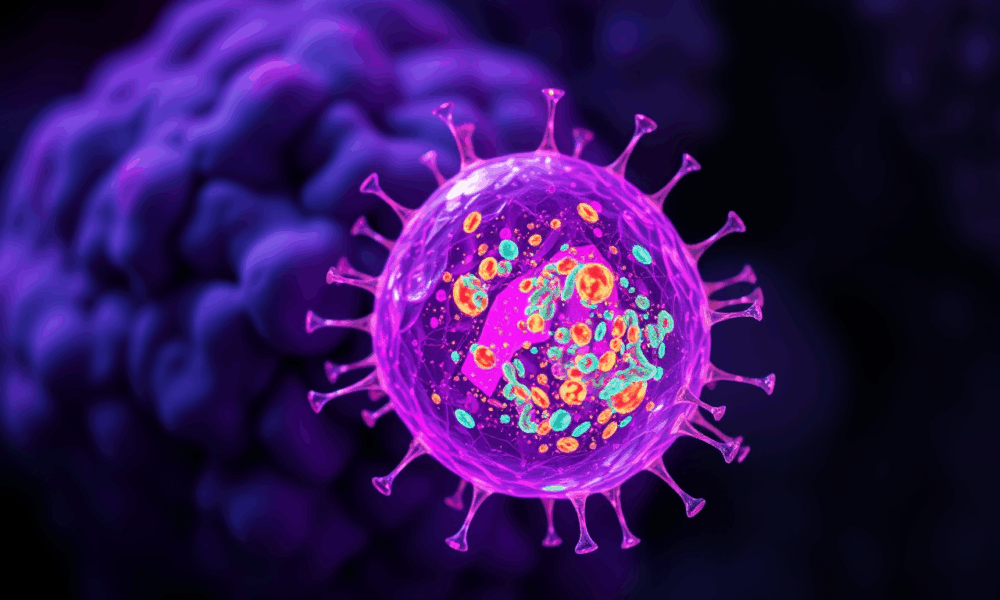
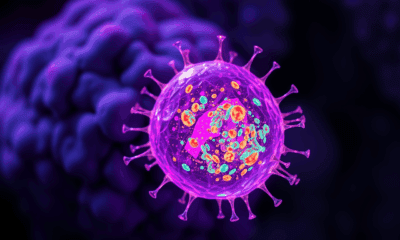

Cancer cells respond to stress with greater diversity. Drugs that affect DNA replication, or radiation that causes direct DNA damage, lead to increasingly diverse offspring over...



New research has shed light on how plants precisely control their growth and development, revealing that seemingly similar molecular components fulfill surprisingly different jobs.



Proteins are among the most studied molecules in biology, yet new research shows they can still hold surprising secrets. Researchers have discovered previously undetected chemical bonds...



Researchers developed a way to extend the shelf life of vegetables by injecting them with melatonin using biodegradable microneedles.
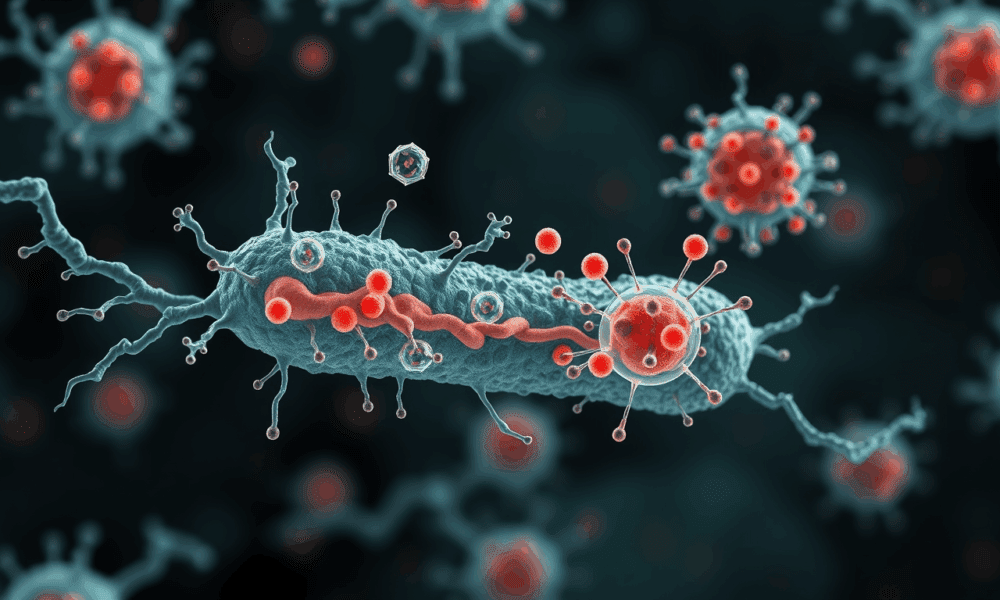
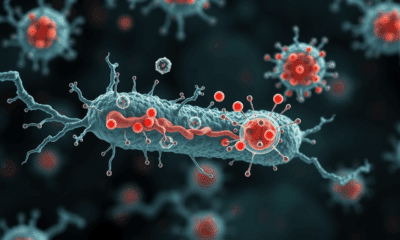

New research demonstrates how specially engineered bacteria taken orally can operate as a delivery system for vaccines and antiviral therapies.
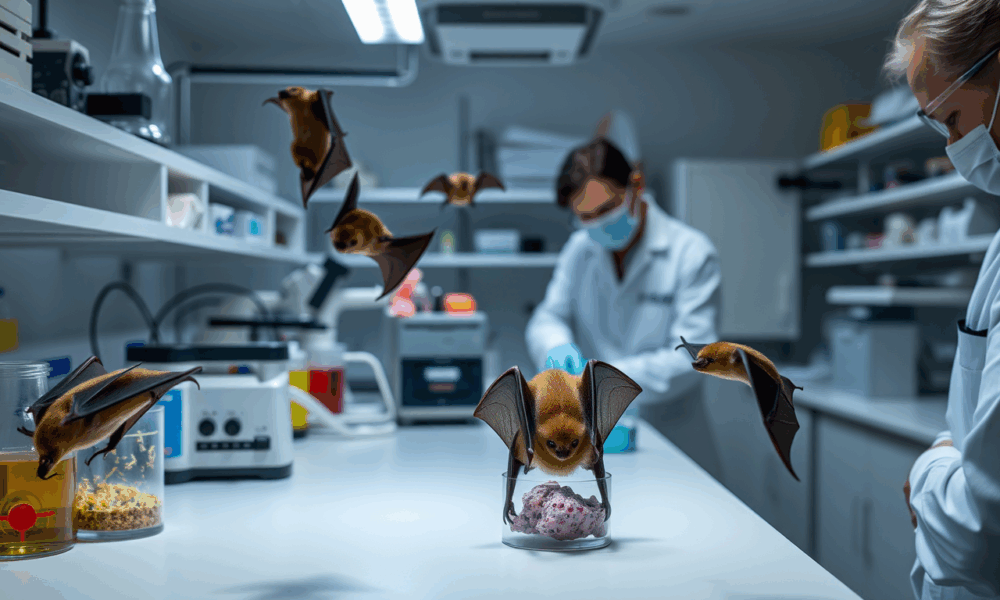
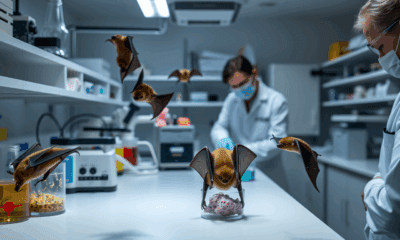

Bats are known as natural hosts for highly pathogenic viruses such as MERS- and SARS-related coronaviruses, as well as the Marburg and Nipah viruses. In contrast...



Clownfish have been shown to shrink in order to survive heat stress and avoid social conflict, research reveals.



To better understand the circadian clock in modern-day cyanobacteria, a research team has studied ancient timekeeping systems. They examined the oscillation of the clock proteins KaiA,...
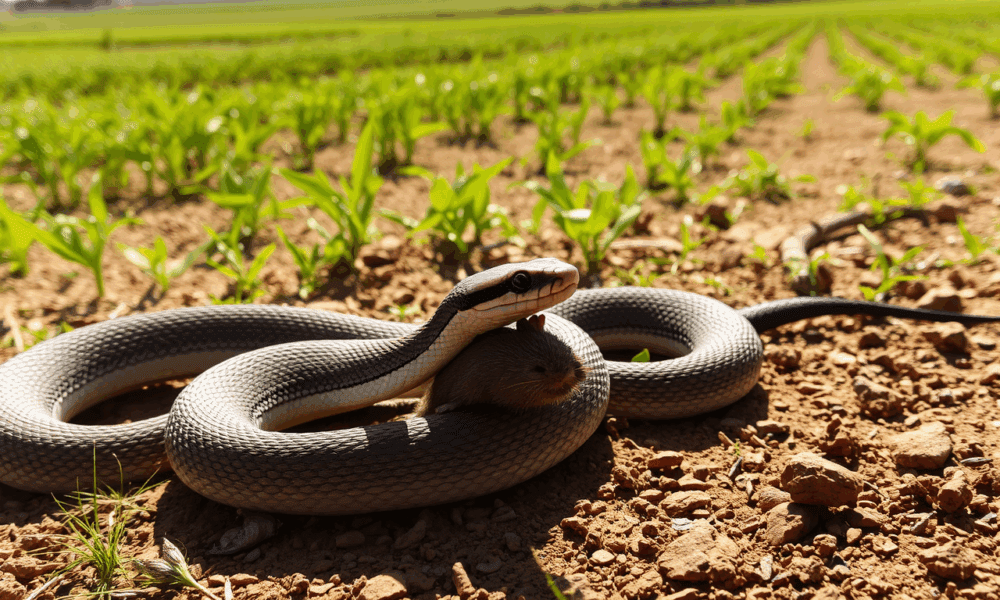
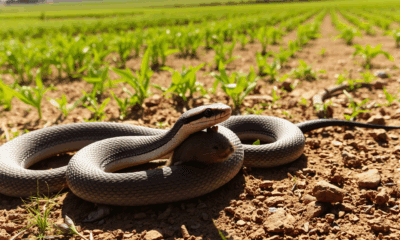

New research has revealed that puff adders (Bitis arietans) can be highly efficient at controlling rodent populations that threaten agricultural production on the continent.



Higher maternal selenium levels during pregnancy were associated with a lower risk of streptococcal infections in children, suggesting a potential protective effect.